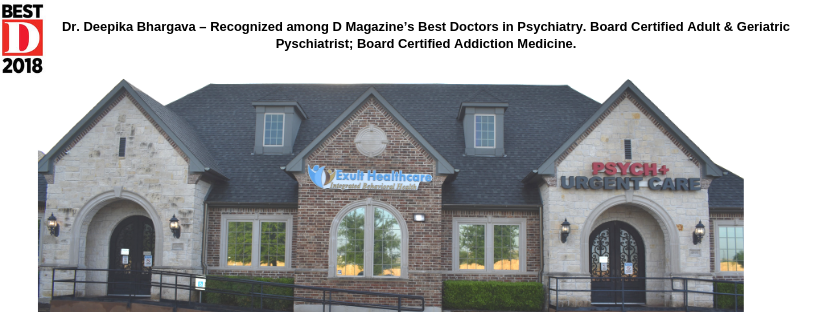Medication Management
There is research that shows that when treating behavioral health issues medication can improve your symptoms by over 60% and therapy by over 40%. Finding the right medications is very important to your overall treatment. Here are a few things that may help with the medication part of feeling better.
First, take a little time assessing your symptoms before meeting with your provider. Write them down if you have to. This will help reduce the chance of forgetting to tell the prescriber something that was important to you.
Next, learn about your medications and any potential side effects or interactions. Always make a list of all your medications and the dosage every time you meet with your prescriber. Make sure you take your medications as prescribed.
Lastly, Don’t Give Up! Just like treating any other types of physical symptoms it may necessary to try different types of medications to find the right one. By discovering which medications don’t work for you can be very helpful in finding the one that does so it may not be a waste of time when you don’t have a positive result.
Medication management is a very important part of your treatment and when combined with therapy can give you a life you desire and deserve.
Steve Spohr M.A., L.P.C., Board Registered Interventionist II











Recent Comments